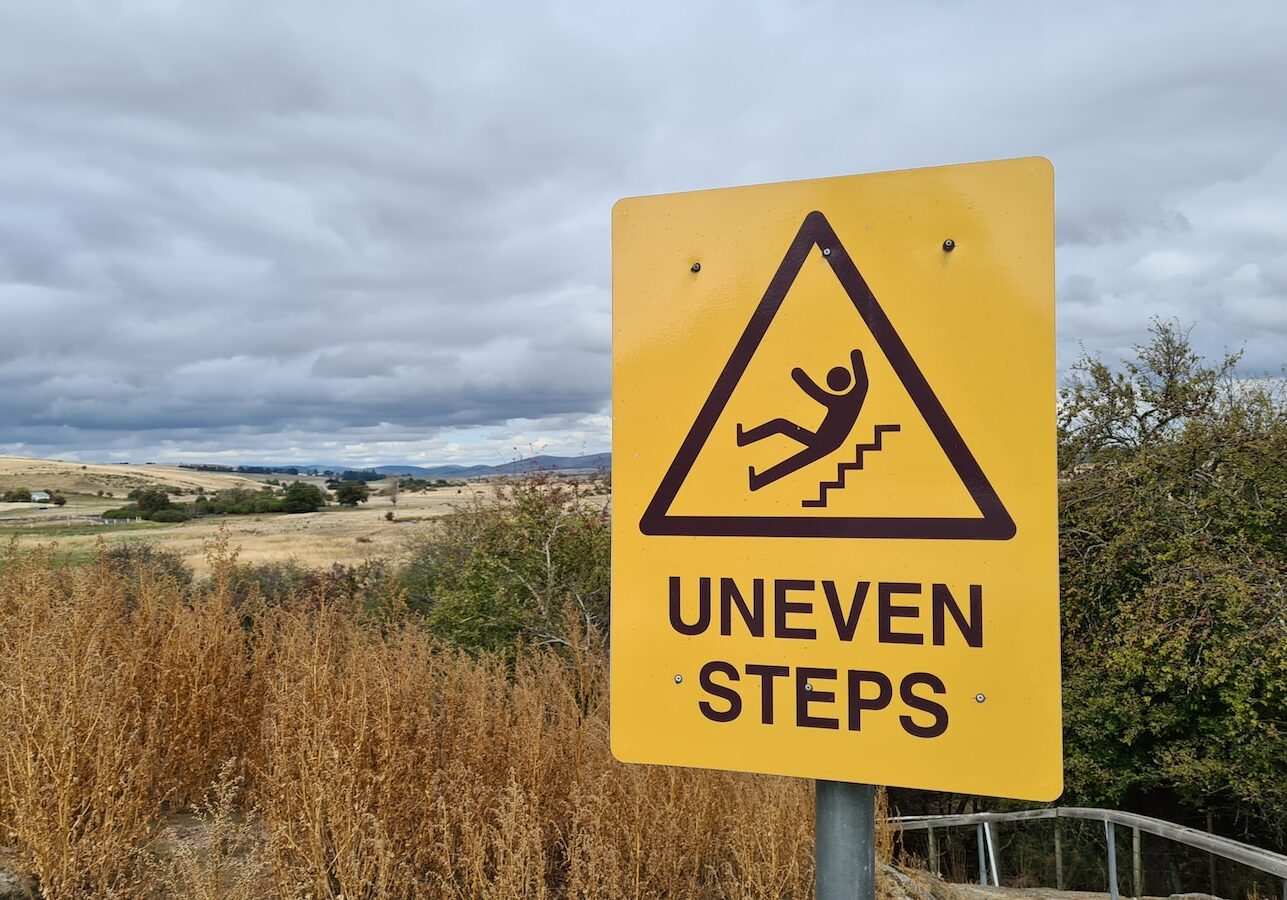
1. Coverage Overview
General Liability Insurance typically covers the following areas:
- Bodily Injury: If a third party, such as a customer or visitor, sustains bodily injury on your business premises or as a result of your operations, this coverage helps pay for medical expenses, legal fees, and any resulting settlements or judgments.
- Property Damage: If your business causes damage to someone else's property, such as a client's office or a neighboring building, General Liability Insurance can help cover the costs of repairs or replacement.
- Personal and Advertising Injury: This coverage protects against claims of defamation, slander, copyright infringement, and other similar offenses related to your advertising or business communications.
- Products and Completed Operations: If your business sells products or provides services, this coverage extends to claims arising from defective products or completed work that causes injury or damage after delivery.
2. Importance for Businesses
General Liability Insurance is crucial for businesses of all sizes and industries. It provides financial protection against unexpected events and helps businesses avoid significant financial losses that could otherwise threaten their viability. With this coverage in place, businesses can focus on their operations, knowing that they have a safety net if an unfortunate incident occurs.
3. Legal Requirements and Contractual Obligations
In many cases, General Liability Insurance is legally required or contractually obligated. Some industries and professions have specific insurance requirements mandated by regulatory bodies. Additionally, clients, vendors, or landlords may require businesses to carry General Liability Insurance as a condition of doing business or leasing space.
4. Tailoring Coverage to Your Business
Every business is unique, and insurance needs can vary. It's essential to work with an insurance professional who understands your industry and can help tailor General Liability Insurance to address your specific risks. They can assess your operations, potential exposures, and contractual requirements to ensure you have the appropriate coverage limits and endorsements.
5. Additional Coverages
While General Liability Insurance provides broad coverage, some risks may require additional specialized policies. Depending on your business, you may need coverage such as Professional Liability Insurance (Errors and Omissions Insurance), Cyber Liability Insurance, Employment Practices Liability Insurance, or Commercial Property Insurance. Working with an insurance professional can help identify any gaps in coverage and recommend suitable policies.
6. Risk Management and Loss Prevention
Implementing risk management practices and maintaining a safe business environment are key to minimizing liabilities. Regularly reviewing and updating safety protocols, conducting employee training, and addressing potential hazards can help mitigate risks and reduce the likelihood of accidents or incidents that could lead to liability claims.
General Liability Insurance is a vital component of a comprehensive insurance program for businesses. It provides essential coverage against various liabilities and risks, allowing businesses to operate with confidence and peace of mind. Consulting with an experienced insurance professional is recommended to ensure you have the right coverage for your specific business needs.
